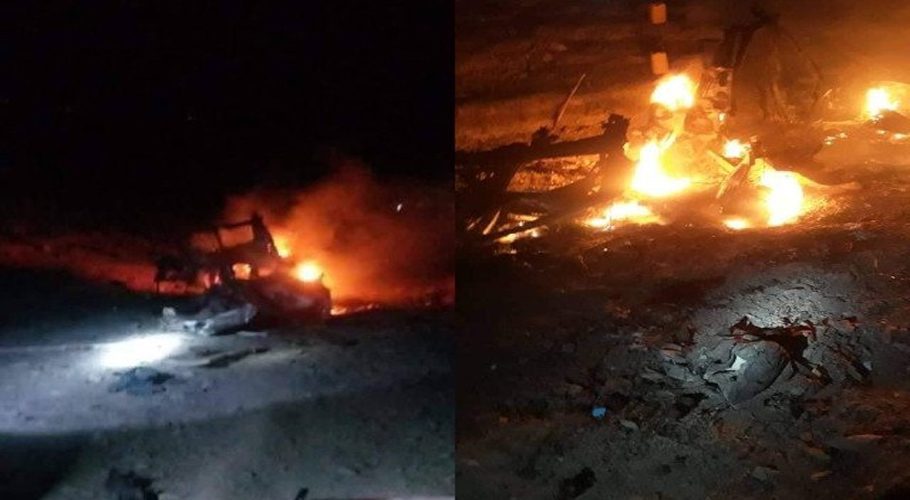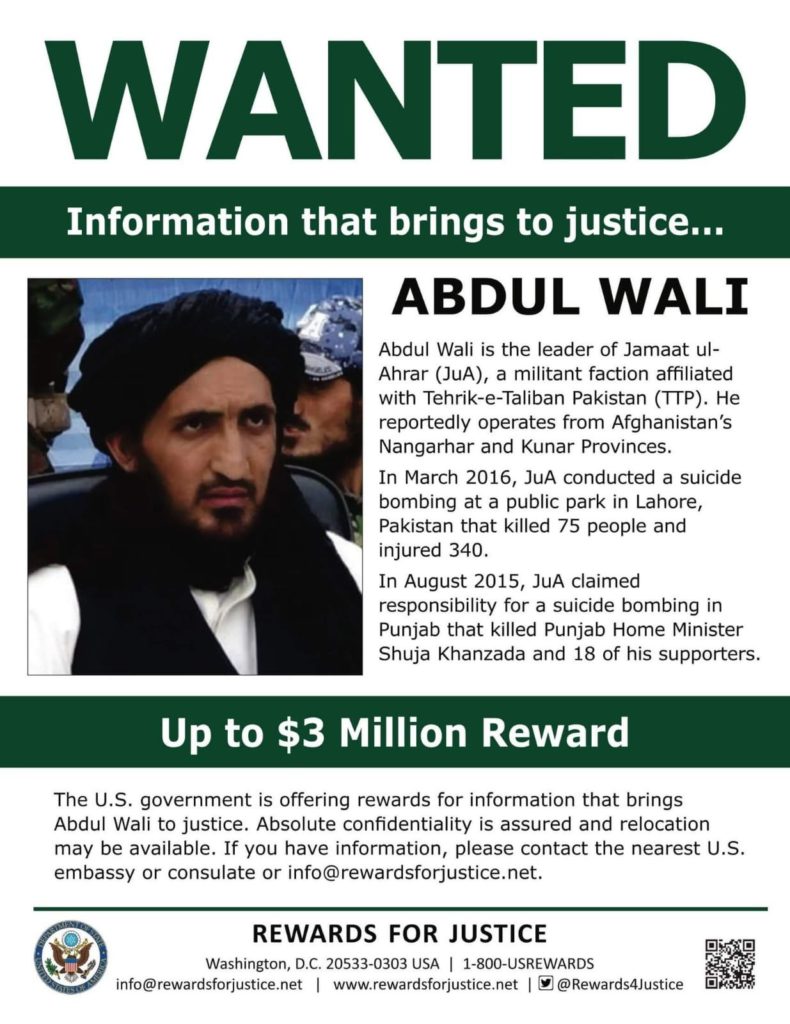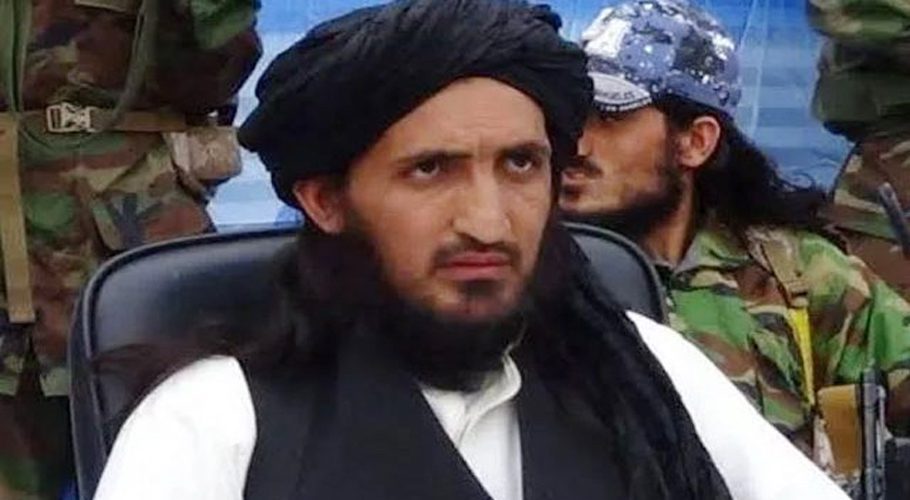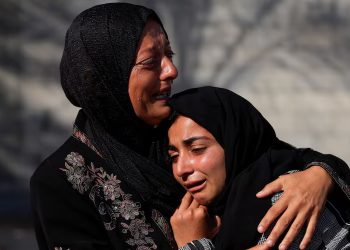Omar Khalid Khorasani, APS attack mastermind and a senior commander of the outlawed Tehreek-e-Taliban Pakistan has been killed in eastern Afghanistan.
The TTP leader was reportedly travelling in the Birmal district of Paktika “for consultation” when his vehicle hit a roadside mine on August 7.
Abu Omar al-Khorasani, also known as Zia ul-Haq, is a Pakistani terrorist and reportedly ISIS’s leader in South Asia. He is a former leader of the terror group’s Khorasan Province (ISIS-K).
Omar Khalid Khorasani was born in Mohmand Agency, Pakistan. He was formerly a journalist and a poet. He studied at a number of religious schools in Karachi, Pakistan. His real name was Abdul Wali Mohmand.
Khorasani was one of the founding members of Tehreek-i-Taliban Pakistan (TTP). Within organizational circles he was known as a formidable military commander and waged a bloody campaign against the government forces in Khyber agency.
In 2014, Khorasani formed his own splinter militant group called Jamaat-ul-Ahrar (JuA). The same year he was ousted by Mullah Fazlullah-led TTP for forming his own splinter group. Khorasani was a key player in break up of TTP, with one part of the outfit being led by Fazlullah while the other being headed by Omar Khalid Khorasani.
Under the leadership of Khorasani, Jamaat-ul-Ahrar (JuA), swore allegiance to Islamic State (ISIS) group in 2014. However, a year later, JUA rejoined TTP.
According to Rewards for Justice Program (RFJ) website, Khorasani reportedly operated from Nangarhar and Kunar provinces of Afghanistan.

It is worth mentioning that few militant groups in Afghanistan and Pakistan pledged allegiance to ISIS in November 2014. ISIS accepted the pledge in January 2015, officially forming Wilayat Khorasan under the leadership of former Pakistani Taliban commander Hafiz Said Khan.
Khorasani initially acted a spokesperson for the group, giving statements to news media on ISIS’s activities as well as commentary on the 2016 U.S. presidential elections. Khorasani described former U.S. President Barack Obama as moderate infidel with at least a little brain compared with U.S. President Donald Trump, a “complete maniac” whose hatred of Muslims would boost ISIS recruitment.
ISIS-K’s leadership council appointed Khorasani the group’s fourth emir following the July 14, 2018, death of the group’s previous leader, Abu Sa’id Bajauri.
According to a January 2019 report to the U.N. Security Council, ISIS-K maintained close relations with ISIS core in Syria and Iraq. In April 2019, an ISIS core delegation demoted Khorasani during a visit to ISIS-K.
According to a U.N. investigation, Khorasani was replaced because of his “poor performance” related to ISIS’s “setbacks” in Afghanistan’s Nanghahar province in the second half of 2018. Khorasani was replaced by Mawlawi Abdullah, a.k.a. Mawlawi Aslam Farooqi, who was previously in charge of operations in the Khyber Agency.
ISIS restructured the Khorasan Province in May 2019 when it announced the creation of separate Pakistani and Indian provinces. The United States designated ISIS-K in January 2016. The U.N. Security Council designated the ISIS-K in May 2019.
Afghan forces arrested Farooqi in April 2020 in Afghanistan’s Kandahar province. On May 11, 2020, Afghanistan’s General Directorate of National Security (NDS) and Interior Ministry announced that Khorasani had been arrested in Kabul. The NDS referred to Khorasani as ISIS’s leader in South Asia, though it is unclear when he rose to that position after his 2019 demotion. Khorasani was arrested alongside ISIS South Asia’s public relations officer and intelligence chief.
On August 7, Khorasani was targeted with a mysterious explosive device in eastern Afghanistan which resulted in killing him along with 3 other TTP commanders, Afghan officials confirmed the news.




































